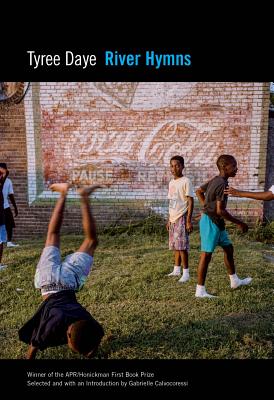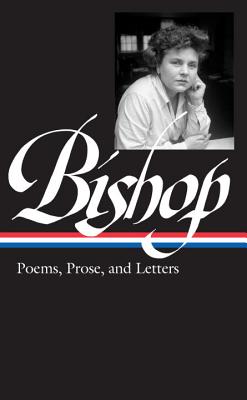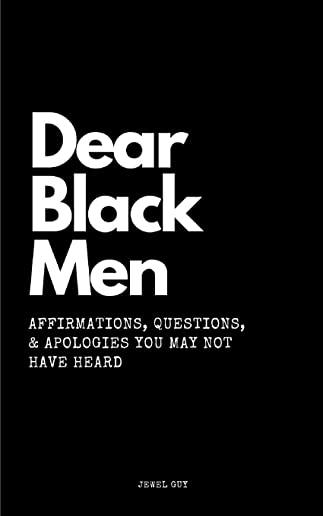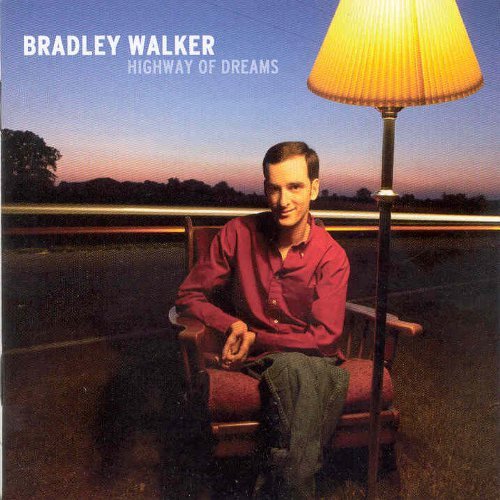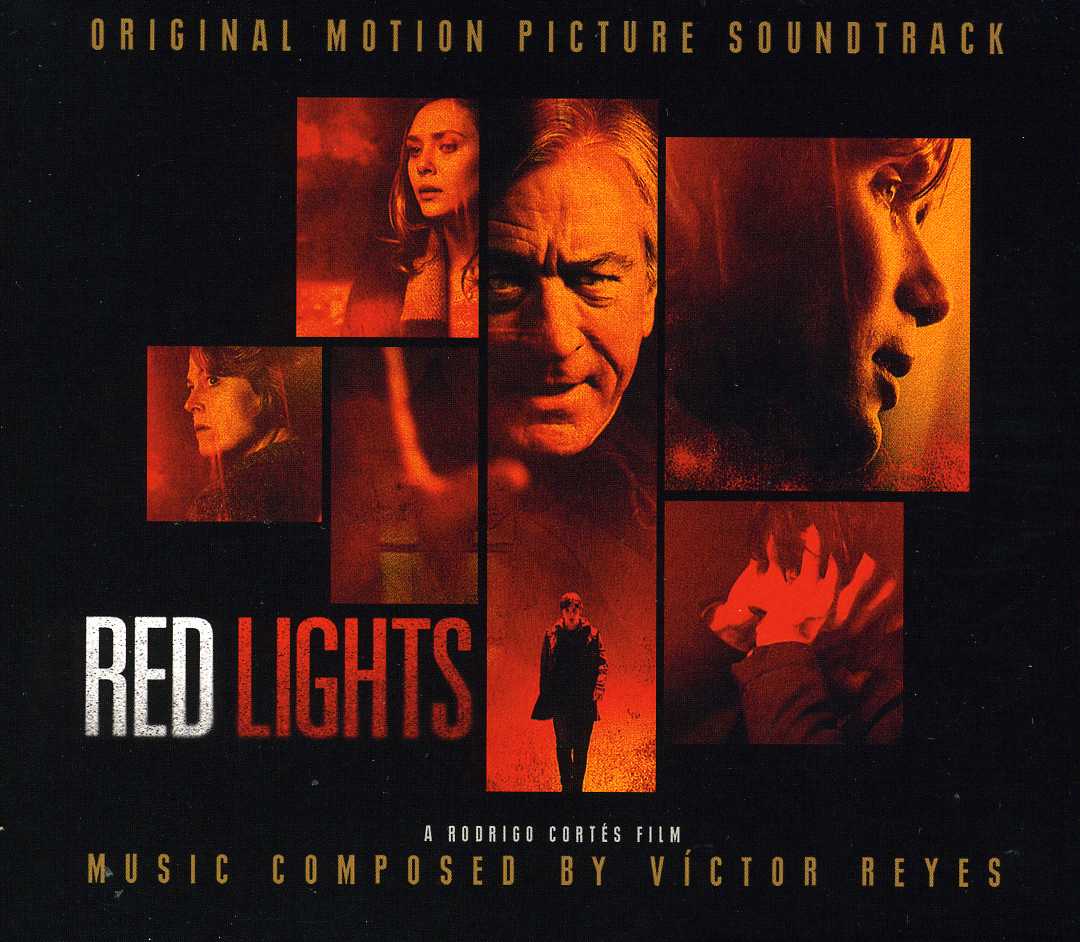
Grappling with grief, ancestral trauma, and a family, community, and society in flux, Mandy dares to dream of a future outside the limitations of racism and patriarchy.
In the small town of Uz, Arkansas, Mandy Anderson wakes up on July 4th, 1963, her mother's birthday, to the sweltering Southern heat, a pounding headache, and the distinct thumping of her mother, Belle, kneading biscuit dough. In the raw heat, only made worse by Belle's baking, Mandy questions why the white woman her mother works for wouldn't want to give Belle the day off for her birthday. So begins Mandy's journey of questioning the structures that define her world, a path that carries her through tragedy, mystical encounters, and her own spiritual and familial legacy.
Kathya Alexander's debut historical fiction novel-in-verse follows the fiercely passionate, dedicated, and cheeky Mandy as she comes of age during the height of the Civil Rights Movement of the 20th century. Twelve-year-old Mandy and her mother, Belle, experience the extraordinary events of the 1960s, finding strength, fearlessness, and faith along the way.
This beautifully lyrical novel explores the reality of activism as more than just a handful of speeches given at protests, the costs to those who dedicate themselves to activist work, and the passion that drives us ever onward to a better, more just future.
